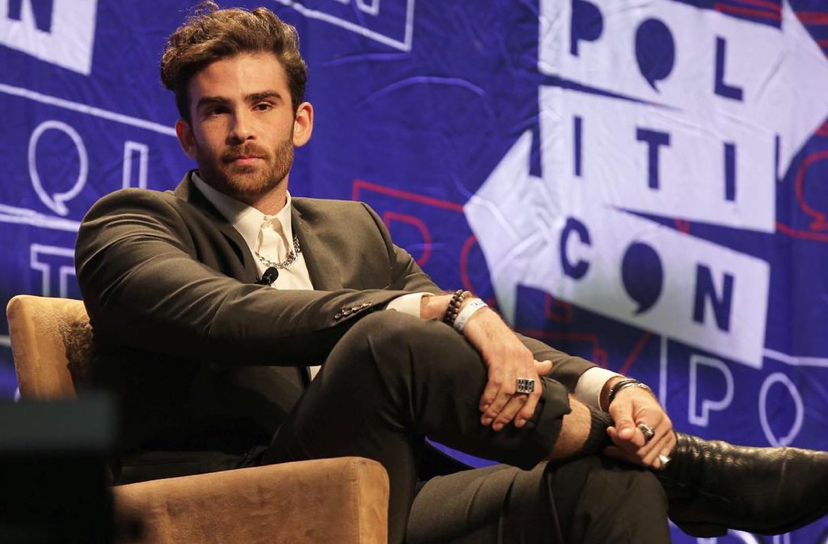This year marks the first election in which a majority of Gen Z can vote, and many are turning away from traditional news outlets like CNN or MSNBC and opting for new digital platforms such as Twitch, TikTok, and other social media, which have played a role in shaping public opinion since the COVID-19 pandemic.
Popular online platforms like Twitch, YouTube, and TikTok, once known primarily for gaming and entertainment content, have evolved into political battlegrounds. With millions of users, these platforms have become critical spaces for political figures to engage and influence voters, particularly younger demographics. Both Democratic and Republican nominees have taken notice and are leveraging these digital spaces to shape public perception.
Democratic nominee Kamala Harris, for example, launched the “Creators for Kamala” initiative, partnering with online political influencers like Hasan Piker, Phillip Defranco, and more to stream events from the Democratic National Convention and interview party figures. This effort was designed to reach Gen Z and Millennial voters who consume much of their political content through these digital platforms.
On the Republican side, nominee Donald Trump has embraced these platforms by appearing on the popular stream of influencer Adin Ross and on the podcast “Impaulsive,” owned by Logan Paul, aiming to engage the same voter base. In doing so, Trump signaled that both parties understand the immense influence social media personalities wield in modern political discourse.
This new wave of political commentary through social media influencers is raising concerns about its honesty and accuracy. Many voters are questioning whether these platforms, marketed to a younger audience, are reliable sources of political information. For example, Donald Trump appeared on the streaming platform “Kick,” owned by Stake, a gambling corporation that launched its own service after Twitch banned gambling content. Adding to the skepticism, some influencers from the digital media company “TENET” have been exposed and indicted for receiving payments from the Russian government to sway public opinion in the 2024 election. These revelations cast serious doubt on the credibility of digital platforms as legitimate sources for political discourse. The lack of transparency within these spaces presents a real threat, as voters may unknowingly absorb propaganda disguised as authentic commentary.
There’s also growing concern that online communities foster political echo chambers, where voters consume news and opinions exclusively from influencers they trust. This can create environments where dissenting political ideas are rarely heard, reinforcing biases and deepening political polarization. Without exposure to diverse perspectives, voters risk becoming more entrenched in their views, further dividing the electorate.
However, the influence of these platforms isn’t entirely negative. They’ve played a pivotal role in mobilizing youth voters, who historically turn out at lower rates. Streamers and influencers have hosted voter registration drives, fundraising events, and even Q&A sessions with members of Congress, offering a level of accessibility not typically found in traditional media. For instance, in 2020, left-leaning political commentary streamer Hasan Piker collaborated with Rep. Alexandria Ocasio-Cortez to play “Among Us” live, blending gaming culture with political engagement and creating viral moments that resonated with younger audiences. This unique intersection of entertainment and politics has translated into real-world action and participation.
As we approach the 2024 election, the influence of streamers and online personalities is set to grow. These digital figures have already proven to be effective fundraisers, opinion leaders, and voter mobilizers. Candidates who can tap into these networks may gain a powerful new tool for their campaigns. While the election’s outcome will depend on numerous factors, the role of online influencers cannot be underestimated. Whether they are mobilizing voters, shaping key conversations, or offering a new platform for political engagement, streamers and digital personalities have become an integral part of today’s political landscape.
In an era where elections are increasingly fought online, the gaming chair may now hold as much sway as the newsroom desk. How that power is wielded in 2024 could be one of the defining stories of this election cycle. By embracing authenticity, engaging youth voters, and shaping narratives, influencers are redefining political participation and setting the stage for a potentially transformative election year.


